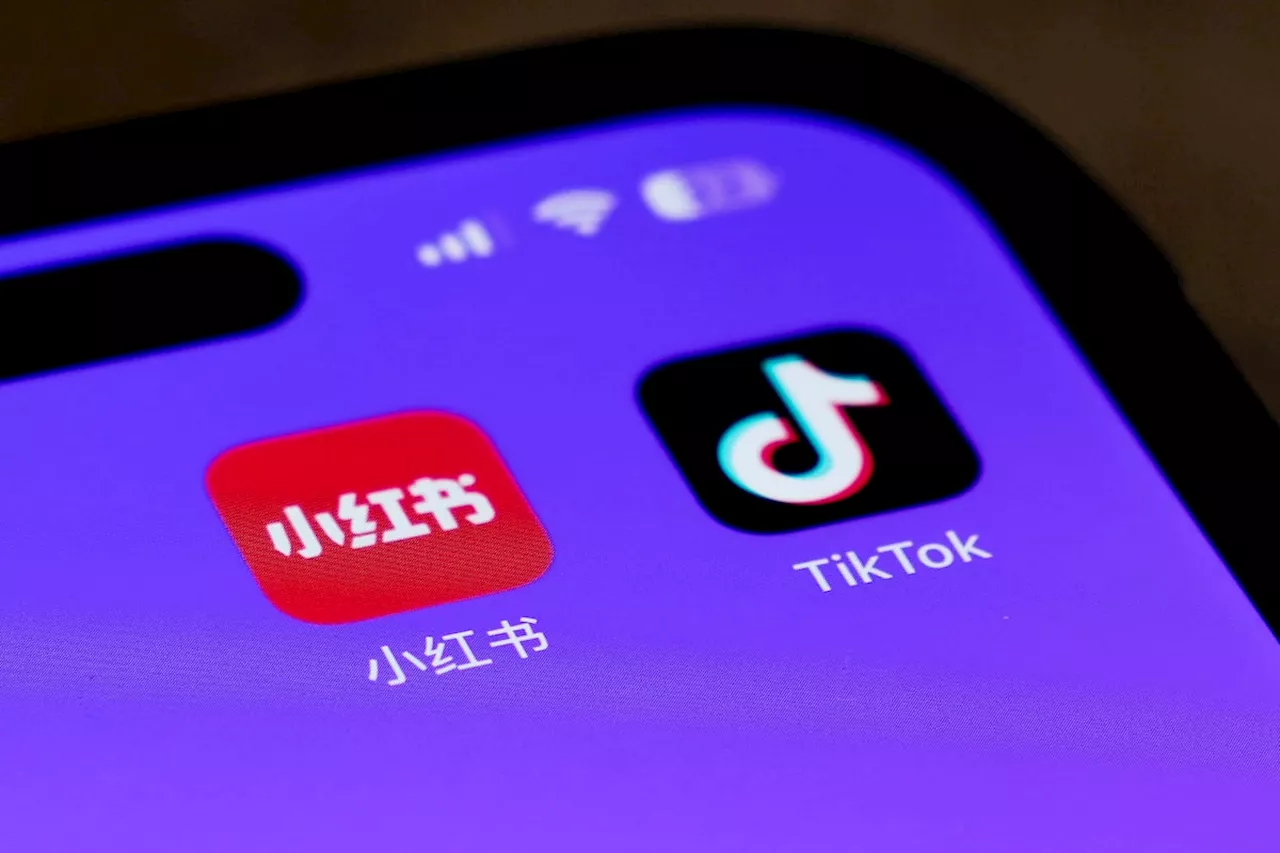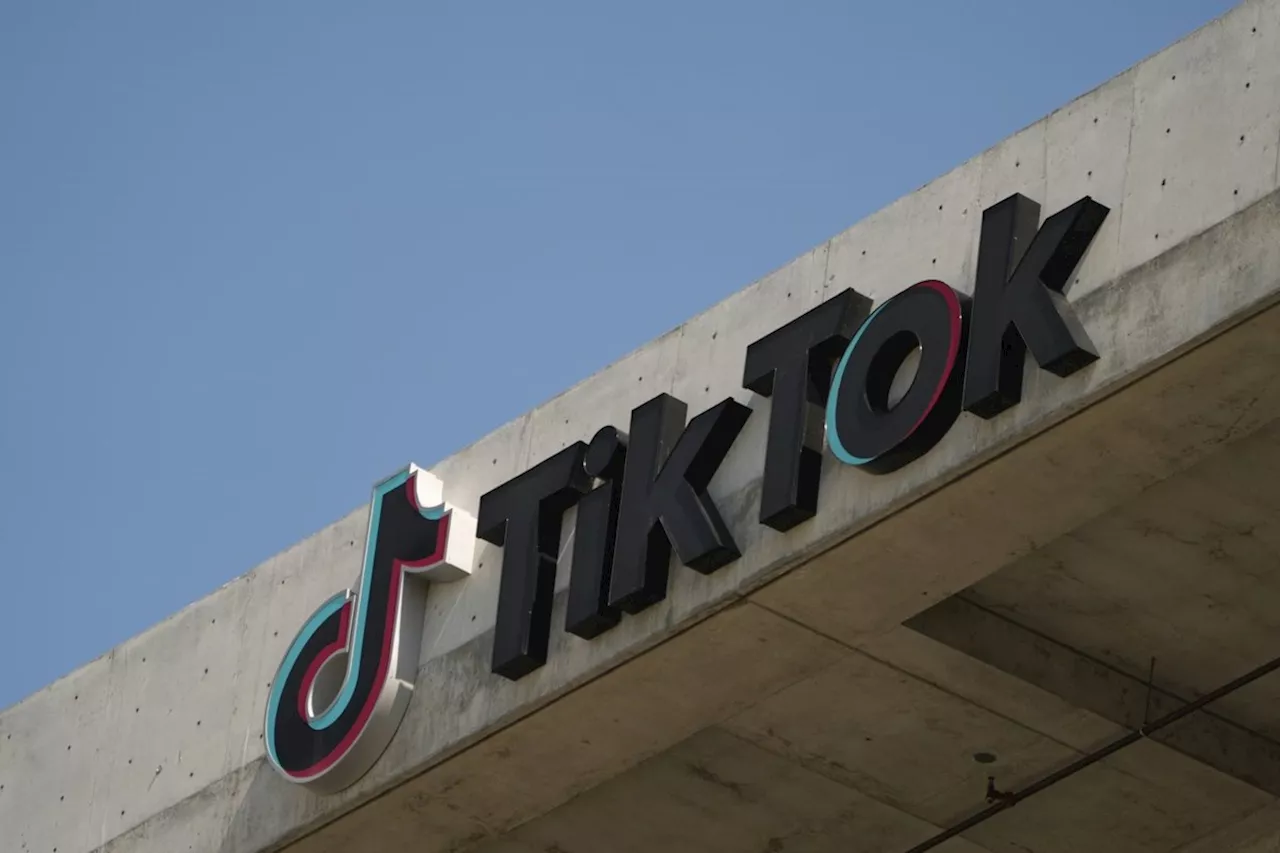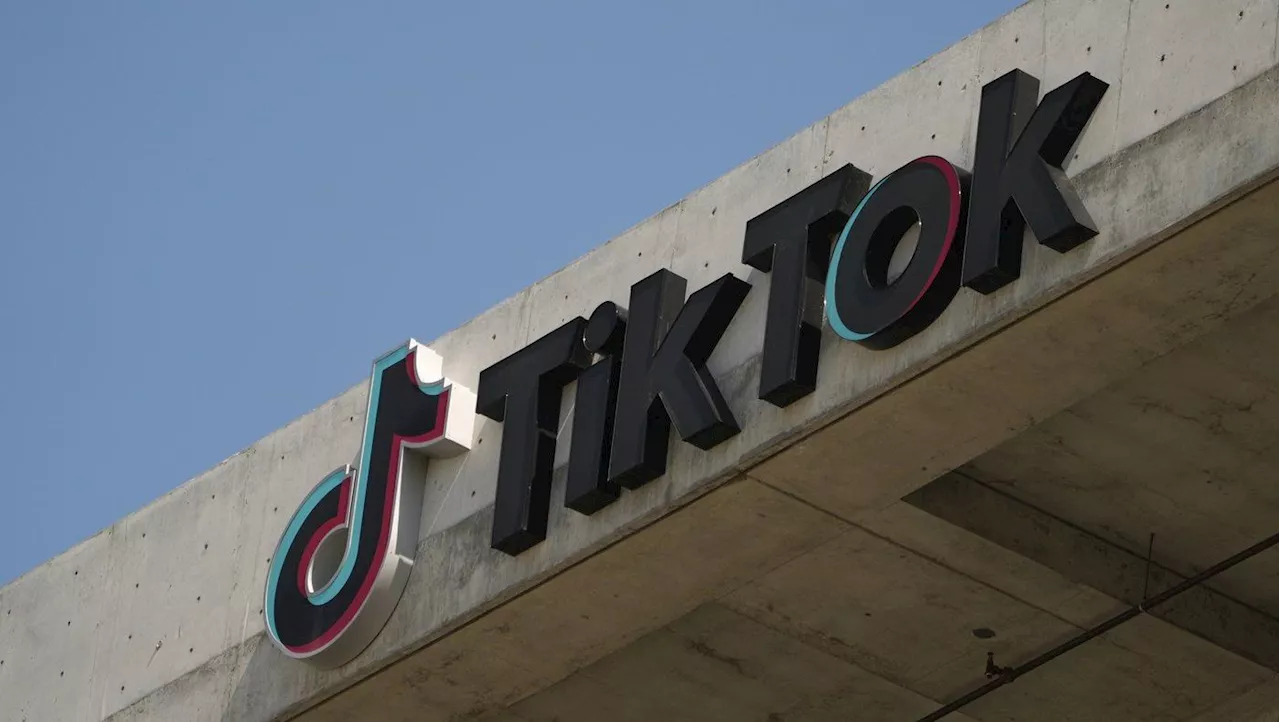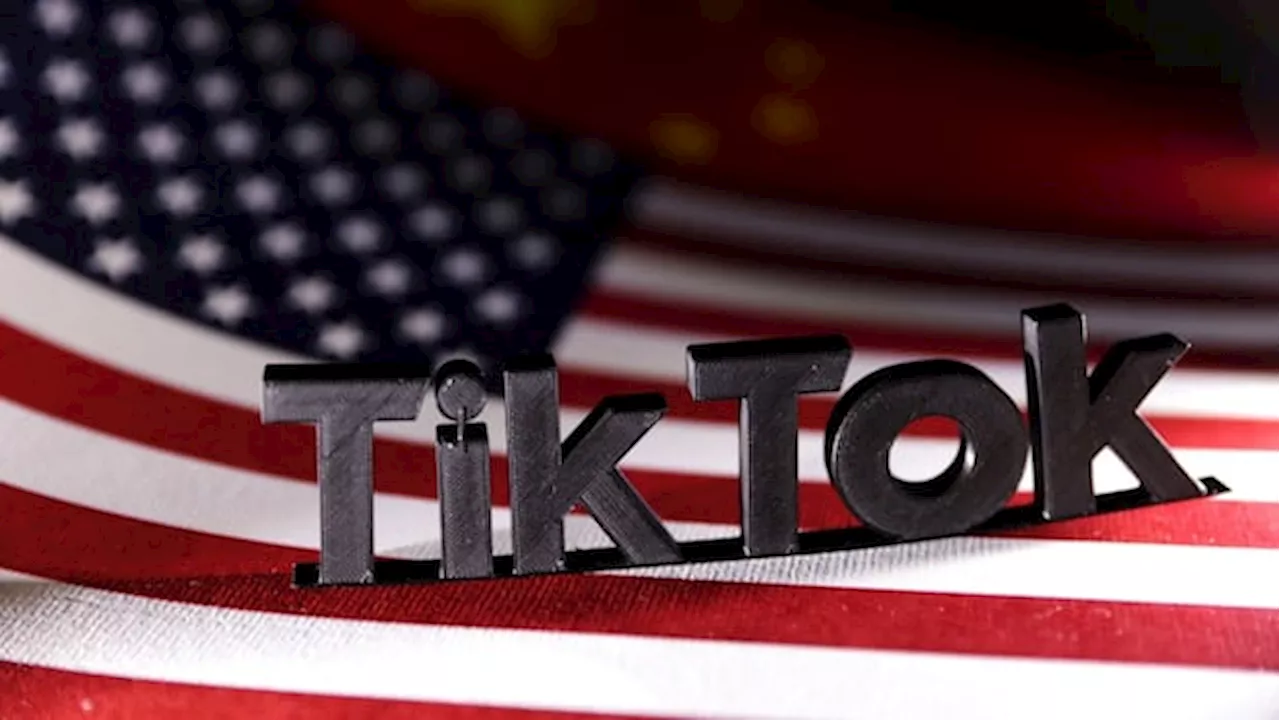The United States implements a law banning TikTok, citing national security risks. Despite attempts by ByteDance, TikTok's parent company, to sell its US assets, a buyer has not materialized. The ban effectively blocks new downloads and updates, rendering the app unusable for new users and eventually phasing it out for existing users.
The fate of TikTok in the United States hangs in the balance as a new law banning the popular social media app takes effect on Sunday. The law, passed by Congress and signed by President Joe Biden in April, cites national security concerns stemming from TikTok's Chinese ownership, ByteDance Ltd. Despite efforts by the app's parent company to find a US-based buyer, no imminent sale appears to be in the works.
The law effectively blocks app stores from hosting TikTok, rendering it unusable for new users and eventually forcing existing users off the platform as updates cease. According to the Justice Department, this will gradually render the app inoperable. While the Biden administration has indicated it won't enforce the law immediately, it remains in effect. Outgoing President Donald Trump, a vocal supporter of TikTok, promised to negotiate a solution and urged ByteDance to find a buyer quickly. The political landscape surrounding TikTok has been unusually charged. Trump, with his own 14.7 million followers on the platform, finds himself at odds with prominent Senate Republicans who criticize ByteDance's lack of progress in finding a buyer. As Trump prepares to leave office on Monday, the future of TikTok remains uncertain. It's unclear what options he may have to alter the law's course upon taking office. The law did allow for a 90-day pause if a sale was in progress before its implementation, but Solicitor General Elizabeth Prelogar, representing the Biden administration, expressed doubt that a potential sale after the law takes effect would trigger this reprieve. TikTok, meanwhile, maintains its innocence and insists it cannot be used by the Chinese government for espionage, despite concerns that its algorithms could be manipulated for political purposes
Tiktok Ban National Security Bytedance China Sale Donald Trump Joe Biden App Stores
Canada Latest News, Canada Headlines
Similar News:You can also read news stories similar to this one that we have collected from other news sources.
 U.S. users flock to Chinese app Xiaohongshu in protest with TikTok ban loomingThe U.S. Supreme Court is due to rule on a law that stipulates TikTok must be divested from its Chinese parent company ByteDance by Jan. 19 or face a ban in the U.S. over national security concerns
U.S. users flock to Chinese app Xiaohongshu in protest with TikTok ban loomingThe U.S. Supreme Court is due to rule on a law that stipulates TikTok must be divested from its Chinese parent company ByteDance by Jan. 19 or face a ban in the U.S. over national security concerns
Read more »
 Canadian Users Flock to Xiaohongshu as TikTok Faces US BanAs TikTok prepares for a ban in the United States, many Canadian users are turning to its Chinese rival, Xiaohongshu (RedNote). This shift is driven by security concerns about TikTok's parent company ByteDance and the potential for sharing user data with the Chinese government.
Canadian Users Flock to Xiaohongshu as TikTok Faces US BanAs TikTok prepares for a ban in the United States, many Canadian users are turning to its Chinese rival, Xiaohongshu (RedNote). This shift is driven by security concerns about TikTok's parent company ByteDance and the potential for sharing user data with the Chinese government.
Read more »
 Canadian Users Flee to RedNote Amidst TikTok Ban FearsThe potential ban of TikTok in the U.S. has caused a surge in Canadian users downloading Xiaohongshu (RedNote), a Chinese social media platform. This shift highlights concerns about data privacy and national security, prompting discussions about the trustworthiness of both Western and Chinese tech giants.
Canadian Users Flee to RedNote Amidst TikTok Ban FearsThe potential ban of TikTok in the U.S. has caused a surge in Canadian users downloading Xiaohongshu (RedNote), a Chinese social media platform. This shift highlights concerns about data privacy and national security, prompting discussions about the trustworthiness of both Western and Chinese tech giants.
Read more »
 Supreme Court to Hear TikTok's Challenge to National Security BanThe U.S. Supreme Court will hear TikTok and ByteDance's appeal against a law that threatens to ban the app by January 19 if it is not sold. The court will hear arguments on January 10.
Supreme Court to Hear TikTok's Challenge to National Security BanThe U.S. Supreme Court will hear TikTok and ByteDance's appeal against a law that threatens to ban the app by January 19 if it is not sold. The court will hear arguments on January 10.
Read more »
 Trump Finally Addresses Rumors About Elon Musk As 'Shadow President'Trump also talked about the TikTok ban and Robert F. Kennedy Jr. leading the health department.
Trump Finally Addresses Rumors About Elon Musk As 'Shadow President'Trump also talked about the TikTok ban and Robert F. Kennedy Jr. leading the health department.
Read more »
 Trump Asks Supreme Court to Halt TikTok BanFormer President Donald Trump has asked the Supreme Court to delay the implementation of a potential TikTok ban until his administration can explore a 'political resolution'. This comes as both TikTok and the Biden administration filed opposing briefs to the court.
Trump Asks Supreme Court to Halt TikTok BanFormer President Donald Trump has asked the Supreme Court to delay the implementation of a potential TikTok ban until his administration can explore a 'political resolution'. This comes as both TikTok and the Biden administration filed opposing briefs to the court.
Read more »
